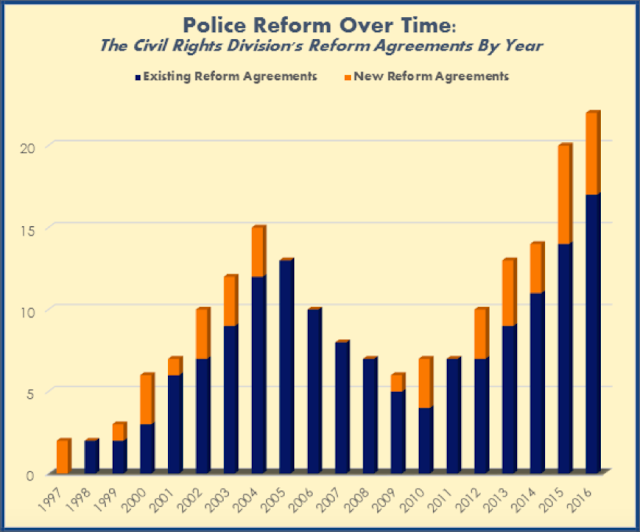Scientists are amazing. You want proof? They’ve figured out how to fly a helicopter in the thin air of Mars. Think about all the steps they had to take to pull that one off, including getting the helicopter there in the first place.
NASA’s Mars helicopter Ingenuity broke new ground during its latest Red Planet flight, as video of the sortie shows.
Ingenuity took off early Sunday morning (April 25) on its third and most ambitious Martian mission yet. The 4-lb. (1.8 kilograms) chopper traveled a total of 330 feet (100 meters) laterally, stayed aloft for 80 seconds and reached a maximum speed of about 4.5 mph (7.2 kph), smashing the marks set on its previous two flights.
Maybe Mars will soon be more inhabitable than Earth, but for now it’s a barren, radioactive wasteland. We don’t need to be there flying helicopters. But if that’s the mission, there’s only a few people on our planet that know how to get it done. We don’t assign the task to some dude on the bus or Thomas Friedman’s taxi driver. It doesn’t matter what those people think because they don’t have the first idea how to successfully launch something into space, let alone land it on Mars.
Something we do need is to get control of the COVID-19 problem. And who do you think we should assign to that task?
We could leave it all to politicians. We could let the general public decide what to do about it based on their general tolerance for risk and inconvenience. But a better way to go is to put scientists on the job. Some of them can come up with treatments to lower the mortality rate from the disease. Others can create a vaccine that prevents people from getting sick in the first place. Still others can give us advice about how to avoid catching or spreading the disease.
In this scenario, ordinary citizens aren’t asked to do much. They’re not equipped to solve the problem anyway, so this isn’t a problem. They can support the government spending required, just as they funded the Martian helicopter, but beyond that, all they have to do is follow the guidance they receive from the scientific community.
That guidance isn’t going to be perfect. As the disease is better understood, that guidance will change. In some cases, the best advice isn’t practical and the politicians will have to find a balance between what the scientists recommend and what the rest of us can tolerate. But one thing that makes absolutely no sense is to deliberately defy the scientists’ advice because it makes liberals angry.
That’s what Peter D’Abrosca, a self-described Republican campaign strategist, has decided to do.
So I have decided that because the vile political Left, which I despise in the abstract, wants me to take their coveted vaccine, I simply will not. After the horrifying displeasure of meeting several of their militant COVID-19 restriction enforcers in person over the past year, I have become even more steadfast in my stance.
My newly formed and well-developed opinion on vaccines is this: if those bastards want me to get the jab, I’m not going to do it, because it annoys them.
For clarity, D’Abrosca is very clear that he’s not refusing to get the COVID-19 vaccine because he’s worried about the safety or because he’s skeptical of vaccines in general. He’s doing it because he believes it will irritate people he doesn’t like.
Of course, almost no one would actually be annoyed about this because almost no one would know. So, he wrote an article about it for the American Greatness blog to get the condemnation he craves.
I’m responding his piece not to give him satisfaction but to highlight how anti-intellectualism plays out in real life.
My primary reason for refusing the vaccine is much simpler: I dislike the people who want me to take it, and it makes them mad when they hear about my refusal. That, in turn, makes me happy.
What’s interesting is how being a deliberate moron can be so emotionally satisfying. I guess if he were treated with straight contempt rather than anger, he’d derive less pleasure from it. But that wouldn’t get to the underlying problem, would it?
It’s not much of a psychological stretch to recognize that there’s something disempowering about knowing that there are people way smarter than you are, who can solve problems that you can’t even begin to understand. They can figure out how to colonize another planet while you’re trying to decipher the IKEA instructions for your new dresser.
People don’t like to feel inadequate much less dependent. I feel like a jerk every time I hand a repairman a check after he’s done explaining how easy it was to fix something.
The thing is, I stick with feeling like a jerk rather than hating all repairmen and their super fancy mechanical know-how. Mr. D’Abrosca takes a different tack.
It wasn’t until the sociopathic mediocrity that is the entrenched liberal political class in Washington began bullying normal people into wearing masks, staying home, standing six feet apart from others at all times, mobilizing even less impressive liberal stormtroopers to play the role of COVID-19 prevention Gestapo, and then finally propped up the vaccine as the Holy Grail that would lead us back to “normalcy,” that I finally began to have an opinion on vaccines.
Now part of this is simply a distaste for inconvenience. He doesn’t want to make any sacrifices or do any work. But part of it is that he’s equating the scientific community’s best advice with the “entrenched liberal political class in Washington.”
Those two things should not be synonymous, but given the populist drift of the Republican Party, it’s now not far from the truth. So few Republican lawmakers are listening to scientists on COVID-19, climate change, or anything else, that it’s possible to defy liberals by defying scientists.
Let’s be clear, though, about how this process works. Science isn’t liberal or conservative. Insulting scientists shouldn’t offend members of just one party or political orientation. But that’s how it works now for D’Abrosca and many people like him. He wants to make liberals mad so he makes scientists mad.
Eventually, the causation gets blurred. He began hating liberals for their condescension but winds up hating scientists too, and for a related reason. They know things he never will and this makes him feel inferior. Before you know it, he’s hating liberals for listening to scientists. In the end, he can see no difference between the two.
So, he’s telling his MAGA audience that they can make liberals mad by ignoring scientific, medical, and public health advice. Since this will bring them pleasure, it’s obviously something they should do.
But following his advice about how to handle this pandemic makes no more sense than having him do the calculations on how land a helicopter on Mars and then fly it without crashing. He’s not qualified to do either job, and this fills him with rage.










